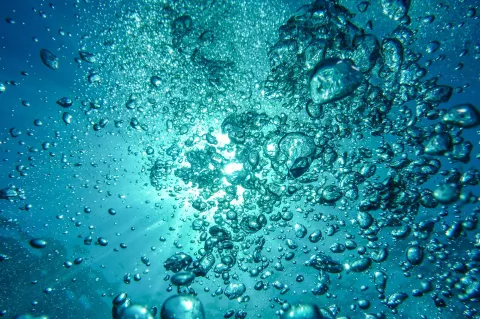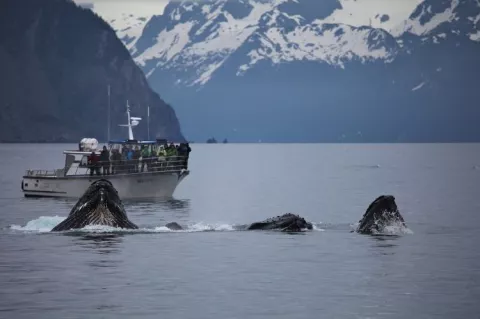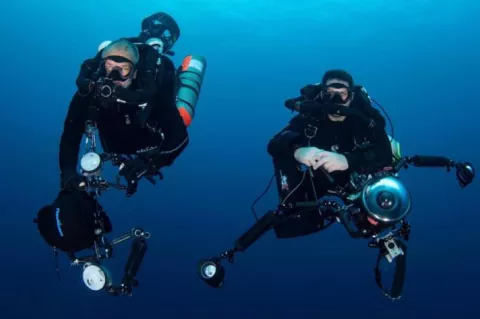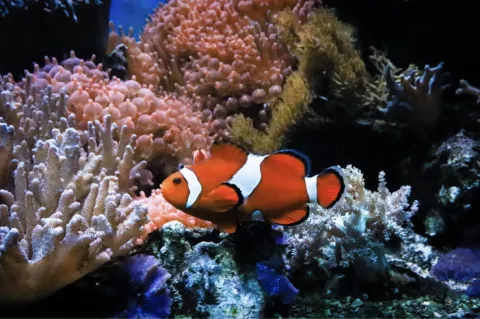Out of Air with Plenty to Breathe
It was a beautiful day in Indonesia’s Banda Sea. Richard rolled back into the warm waters and swam over to join his wife, Florence. After exchanging signals, they descended together, heading for a patch of bright yellow sea fans on the reef wall at 30m, where their guide had promised to show them pygmy seahorses. The guide was already there below, searching for the elusive little creatures.






